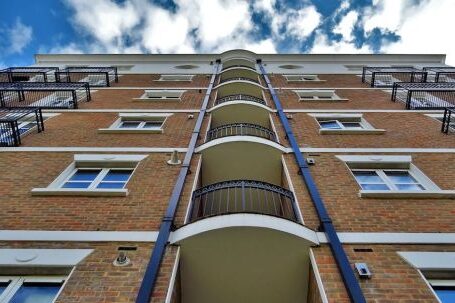When it comes to real estate, one of the most crucial factors that determine the value of a property is its location. The old adage “location, location, location” holds true even in today’s market. Whether you are buying or selling a property, understanding the impact of location on property value is essential. In this article, we will explore the various ways in which location can affect the value of a property.
Accessibility and Amenities
One of the primary factors that influence property value is accessibility. Properties located in close proximity to essential amenities such as schools, hospitals, shopping centers, and public transportation tend to have higher values. This is because convenience and accessibility are highly sought after by buyers. On the other hand, properties in remote or less developed areas may have lower values due to the lack of amenities and ease of access.
Neighborhood and Surrounding Environment
The overall quality of the neighborhood and the surrounding environment also play a significant role in determining property value. Safe and well-maintained neighborhoods with low crime rates and attractive surroundings are more desirable and tend to have higher property values. Conversely, neighborhoods with high crime rates, noise pollution, or unsightly surroundings may experience a decrease in property value. Buyers are often willing to pay a premium for properties located in pleasant and desirable neighborhoods.
Proximity to Employment Opportunities
The location of a property in relation to employment opportunities is another crucial factor that affects its value. Properties situated in close proximity to business districts or job hubs are highly sought after, as they offer convenience and shorter commute times for workers. The demand for such properties tends to be higher, resulting in increased property values. On the other hand, properties located far away from employment opportunities may have lower values, as buyers may be deterred by long commute times.
Geographical Features
Geographical features can have both positive and negative impacts on property value. Properties with breathtaking views, such as those overlooking the ocean or mountains, often command higher prices. Similarly, properties located in desirable coastal areas or near lakes may have increased value due to their recreational appeal. However, properties located in areas prone to natural disasters, such as flood zones or earthquake-prone regions, may experience a decrease in value due to the associated risks.
Market Conditions
Lastly, the overall market conditions, both locally and nationally, can also impact property values. During periods of high demand and limited supply, property values tend to rise. On the other hand, during economic downturns or times of oversupply, property values may decline. It is important to keep in mind that market conditions are dynamic and can change over time. Staying informed about current market trends is crucial for buyers and sellers alike.
In conclusion, the location of a property has a significant impact on its value. Factors such as accessibility, amenities, neighborhood quality, proximity to employment opportunities, geographical features, and market conditions all influence property values. Buyers and sellers should carefully consider these factors when making decisions in the real estate market. By understanding the impact of location on property value, individuals can make informed choices and maximize their investments in real estate.





